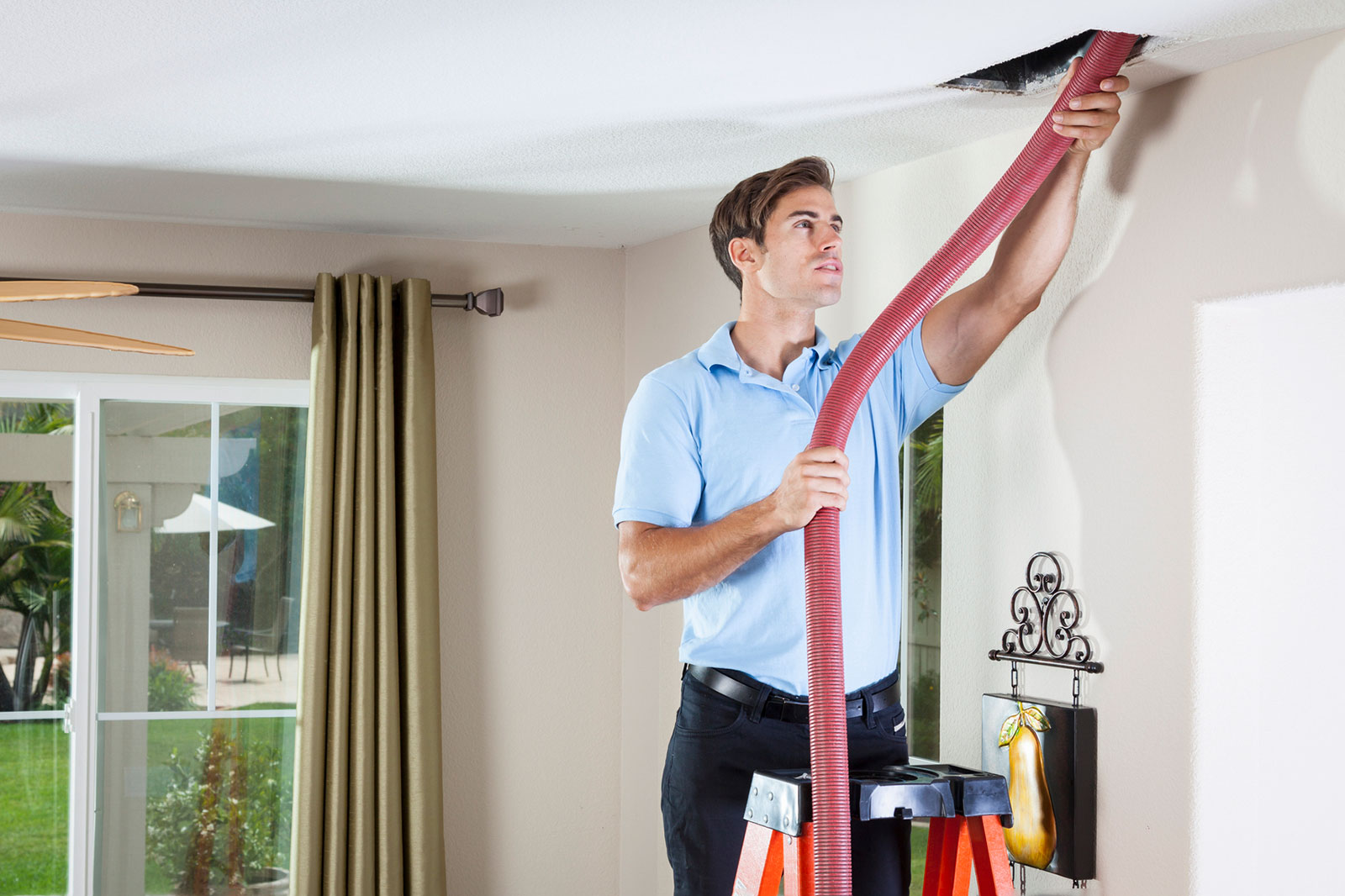The HVAC system which stands for Heating, Ventilation, and Air Conditioning plays a crucial role in maintaining a comfortable indoor environment, whether its in your home or business. Understanding the purpose of the HVAC system can help homeowners and business owners appreciate its importance and ensure its proper maintenance.
In this guide, we will explore the different components of an HVAC system, how they work together, and the tremendous benefits they provide. Lets dive right in!

Introduction to HVAC Systems
What Does HVAC Stand For?
The acronym HVAC stands for Heating, Ventilation, and Air Conditioning. These systems are responsible for regulating indoor temperatures, maintaining air quality, and controlling humidity levels.
Brief History of HVAC Systems
HVAC systems have evolved significantly since their inception. From rudimentary methods of heating and cooling to the sophisticated systems we have today, the evolution of HVAC systems is a testament to technological advancements.
Components of an HVAC System
Heating Component
The heating component includes furnaces, boilers, and heat pumps. These devices are designed to produce heat and distribute it throughout the building.
Ventilation Component
Ventilation involves the exchange of indoor and outdoor air to improve indoor air quality. This component includes ducts, vents, and fans that help circulate and filter the air.
Air Conditioning Component
The air conditioning component keeps indoor spaces cool during hot weather. It includes air conditioners, evaporators, and condensers that work together to extract heat from the indoors.
How HVAC Systems Work Together
Integration of Components
HVAC systems are designed to seamlessly integrate heating, ventilation, and air conditioning components to provide a balanced indoor environment.
Thermostats and Controls
The thermostat is a critical component that allows users to set and control the desired temperature. Modern HVAC systems come with programmable thermostats that offer greater control and energy efficiency.
The Benefits of HVAC Systems
Comfort
One of the primary purposes of an HVAC system is to ensure comfort by maintaining the desired indoor temperature and humidity levels.
Energy Efficiency
Modern HVAC systems are designed to be energy-efficient, helping reduce energy consumption and lower utility bills.
Improved Air Quality
Proper ventilation and air filtration systems improve indoor air quality by removing pollutants, allergens, and harmful particles from the air.
Maintaining Your HVAC System
Regular Inspections
Regular inspections by qualified professionals are necessary to ensure the HVAC system operates efficiently and effectively.
Cleaning and Replacing Filters
Regular cleaning and replacement of filters are crucial to maintain air quality and system efficiency. Cleaning ducts also helps in achieving this.
Seasonal Maintenance
Performing seasonal maintenance before the start of extreme weather conditions ensures the HVAC system is ready to handle the load.
Common HVAC Issues and Solutions
Airflow Problems
Blocked or dirty ducts can cause airflow problems. Flushing the HVAC system can resolve these issues.
Thermostat Malfunctions
Thermostat malfunctions can lead to inconsistent temperatures. Regular checks and timely replacements can help prevent these issues.
Refrigerant Leaks
Refrigerant leaks can compromise the cooling efficiency. Its important to address these leaks promptly to maintain system performance.
Choosing the Right HVAC System
Assessing Your Needs
Consider the size of your home or business, the climate, and your specific comfort needs when choosing an HVAC system.
Energy Efficiency Ratings
Look for HVAC systems with high energy efficiency ratings. These systems are designed to consume less energy while providing optimal performance.
Professional Installation
Ensure that the HVAC system is installed by qualified professionals to guarantee efficiency and reliability. Learn more about HVAC solutions.
Future of HVAC Systems
Technological Advancements
The future of HVAC systems lies in continued technological advancements, including smart systems and improved energy efficiency.
Environmental Impact
Future HVAC systems will focus on reducing the environmental impact by using eco-friendly refrigerants and sustainable materials.
Consumer Convenience
New HVAC systems will offer greater convenience and control to users, making it easier to maintain a comfortable indoor environment.
Additional Resources
For more detailed information on commercial duct cleaning, refer to this commercial duct cleaning guide.
FAQ Section
Q: How often should I service my HVAC system?
A: It is recommended to service your HVAC system at least once a year, preferably before the start of the heating or cooling season.
Q: Can a dirty filter affect my HVAC system’s performance?
A: Yes, a dirty filter can restrict airflow and reduce the efficiency of your HVAC system, leading to higher energy consumption and potential damage.
Q: What are the signs that my HVAC system needs repair?
A: Common signs include unusual noises, inconsistent temperatures, high energy bills, and frequent cycling on and off.
By understanding the purpose and benefits of HVAC systems, homeowners and business owners can appreciate their importance and ensure they maintain a comfortable and healthy indoor environment. Investing in a reliable and efficient HVAC system is not just about comfort; its about improving the quality of life.
Learn more about residential duct cleaning here.